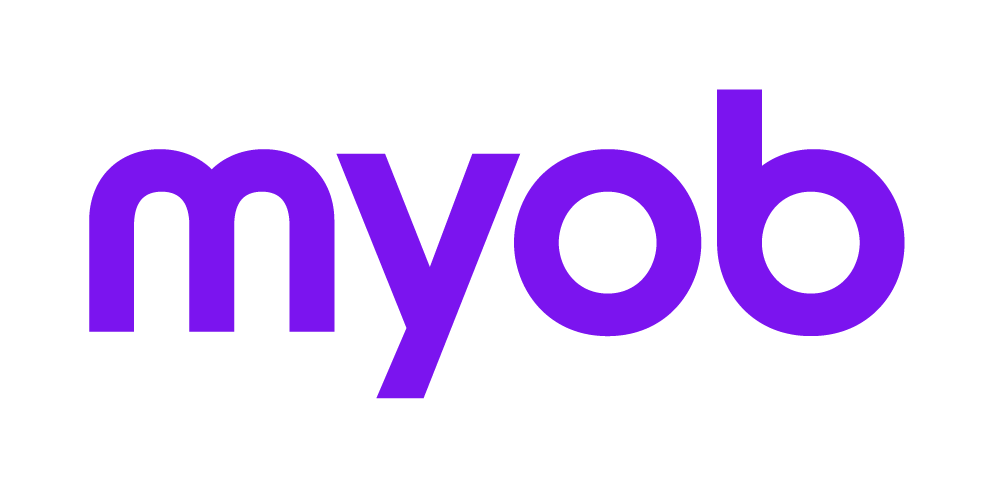Error 1315: Unable to write to specified folder when performing an MYOB upgrade or repair
This support note applies to:
- AE Tax Series 6 & 8 (AU)
- AE Tax (AU)
- AE Tax (NZ)
- AE Document Manager (AU)
- AE Document Manager (NZ)
- AO Document Manager (AU)
- AO Document Manager (NZ)
- AO Tax (AU)
- AO Tax (NZ)
- AO Classic (NZ)
When performing an upgrade or repair to an MYOB application (such as installing the 2020 FBT Install), you might encounter the following error:
Error 1315: Unable to write to specified folder
<folder path and name listed>.
This error only occurs if your Windows installation has the most recent updates from Microsoft (since March 2020)
We've identified this error may affect a very limited number of practices, that meet very specific requirements.
Below, we've outlined the cause and scenarios in which this could occur, and instructions on how to resolve the issue.
